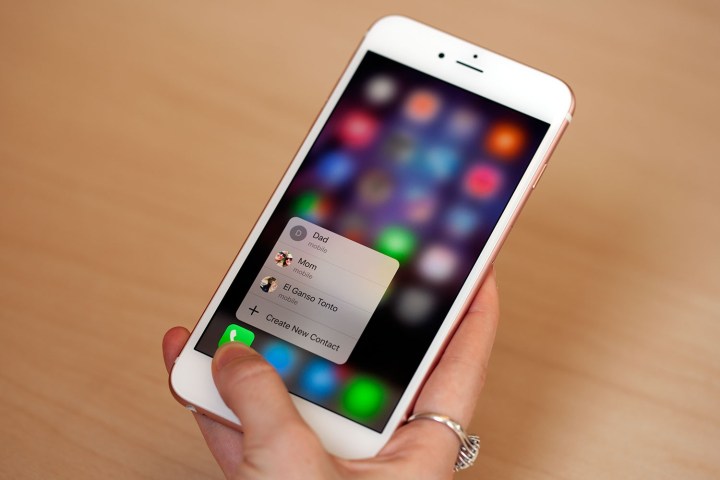
So what is Li-Fi and what are its advantages?
Li-Fi, which was invented by Harold Hass in 2011, is very similar to Wi-Fi in that it’s used to transmit data, but it uses light-emitting diodes (LEDs) instead of radio frequency waves. It works by using visible light communications (VLC) to switch the current to the LEDs off and on at a very fast rate. Think of your lights flickering, but so quickly that you can’t actually see it. It is this flickering that enables the transmission of data. What’s even more interesting is that although the LEDs have to be on in order to transmit data, they could be dimmed to well below human visibility and still be effective.
Li-Fi’s biggest advantage is speed. Researchers at the University of Oxford were able to achieve bi-directional speeds of 224 gigabits per second (Gbps) with an LED bulb last February. That was already much faster than fiber optic networks found today, but a pilot test done by Velmenni in offices and industrial environments in Tallinn, Estonia late last year resulted in speeds up to 1GB per second (GBps). That’s 100 times faster than current Wi-Fi technologies.
Harold Hass revealed his vision for the technology in a TED Talk last November, where he suggested that a small microchip could be fitted into every illumination device. Imagine billions of light bulbs that have have Li-Fi capability built into them, offering super-fast speeds to all your devices.
How does Apple fit in?
Although incorporating Li-Fi tech into future iOS devices may be in the cards, it is completely unknown what Apple’s plans are, because all we have is some code to speculate about. However, because many of the major players consider Li-Fi to potentially be the future of data transmission, we would be surprised if Apple and every other smartphone manufacturer didn’t pursue it at some point.
Unfortunately it’s not ready for prime time yet. Deepak Solanki, CEO of Velmenni, said that it could be as much as three to four years before consumers can use LED lights to transmit data.
So if Apple is indeed working toward incorporating Li-Fi technology into its devices, it probably won’t be in the iPhone 7. It’s impossible to say when Li-Fi will reach our smartphones, but Wi-Fi could soon go extinct if the tech succeeds.
Editors' Recommendations
- Are you having iPhone alarm problems? A fix is coming soon
- Nomad’s new iPhone case and Apple Watch band may be its coolest yet
- 5 phones you should buy instead of the iPhone 15
- iPhone SE 4: news, rumored price, release date, and more
- Here’s how Apple could change your iPhone forever


